On April 18, the School of Intelligent Science and Technology held a symposium on the revision of the undergraduate training program. Attending the meeting were Vice Dean Dai Wangzhou of the school, faculty representatives of the various research and construction directions Xie Jin, Yuan Xiaotong, Yang Yuekun, and Wang Yuxuan, undergraduate teaching secretary Yan Yuting, and 20 undergraduate student representatives from the class of 2022 and 2023. The meeting was presided over by Liu Haohan, a full-time counselor of the school.
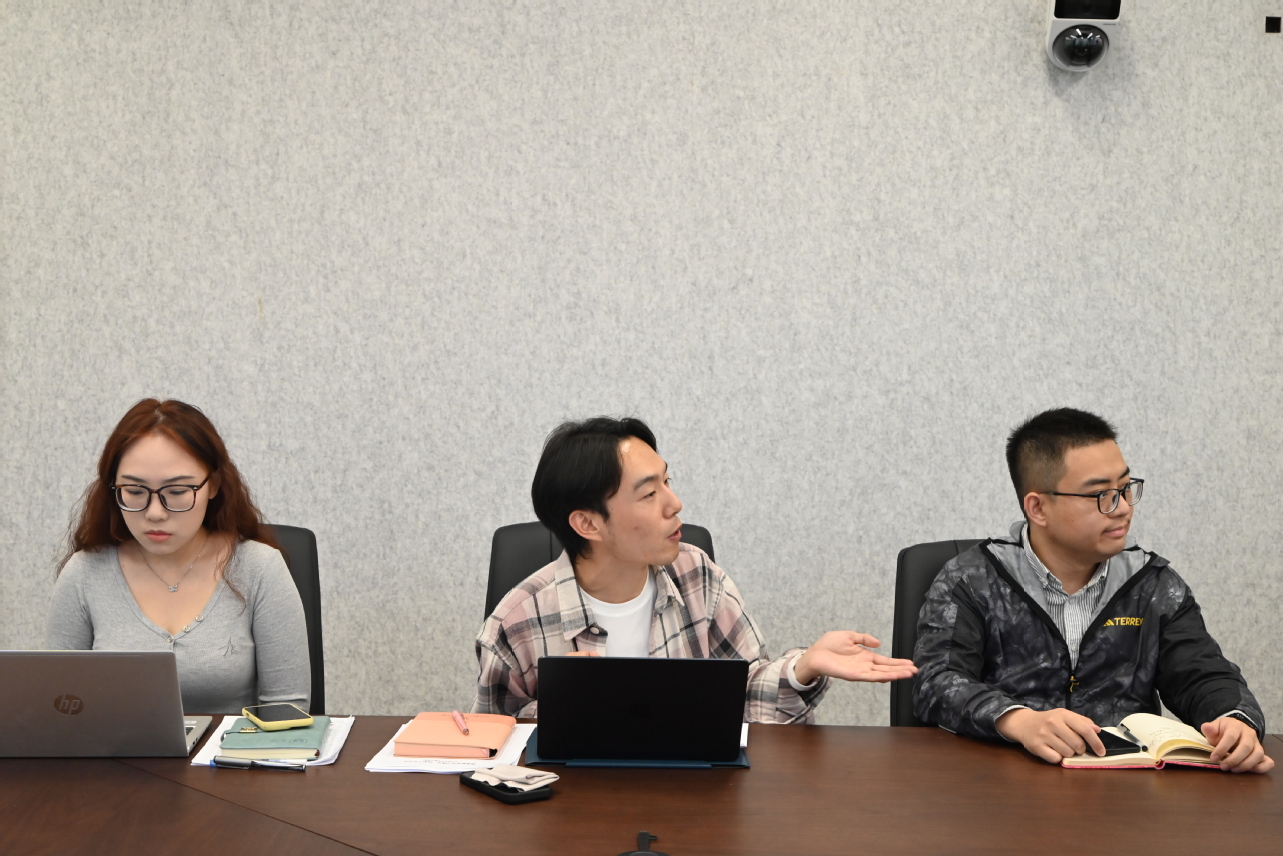
At the beginning of the meeting, Dai Wangzhou explained the formulation of the current undergraduate training program and the issues that the college had identified. He also reaffirmed the college's talent cultivation goals. He mentioned that the distinctive feature of the Suzhou campus is the construction and talent cultivation of new engineering. How to promote and implement the integration of science and education, the combination of industry and education, and the service of national regional development are the issues that the college needs to consider and resolve in the process of revising the training program this time. He hoped that the students present today could speak freely and express their thoughts on the current curriculum design, so that the revision of the training program could be more characteristic of the intelligent science and technology major, more reflective of the features of industry-education integration in the training process, and better address the content that students urgently hope to enrich and learn.
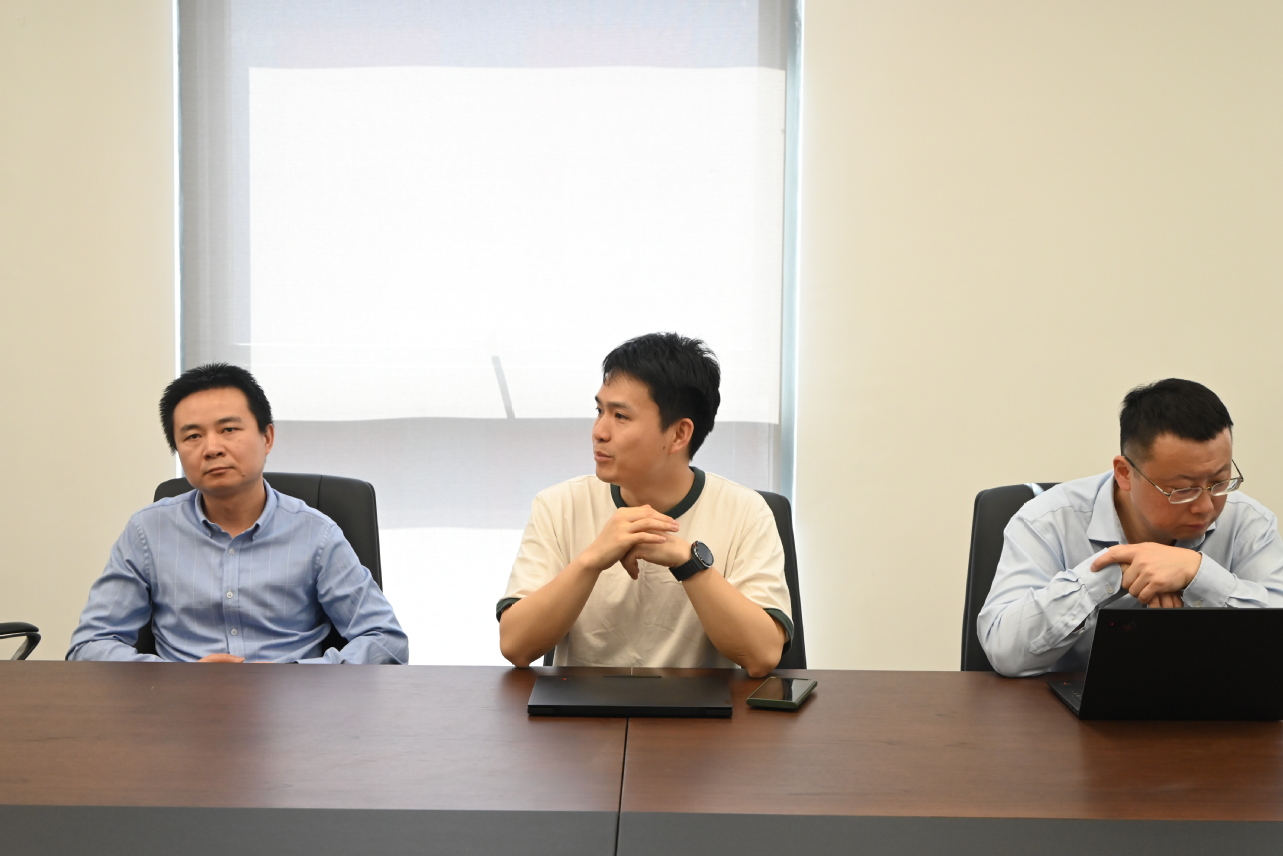
Subsequently, faculty representatives from the five major research and development directions—visual intelligence, general intelligence, brain-inspired intelligence, embodied intelligence, and scientific intelligence—respectively introduced their ideas on curriculum construction for each research direction and their views on the current undergraduate training program.
Xie Jin noted that the history of intelligent science and technology as a first-level discipline is relatively short, and universities currently offering this major are still in the exploratory phase. He emphasized that we should work together to consider how to highlight the disciplinary characteristics in the training program.Yuan Xiaotong discussed that the college's training program should focus on strengthening the design of practical courses, not only to address issues within the field of artificial intelligence itself, but also to deeply integrate with local industrial development and solve the actual problems facing Suzhou's industries.Yang Yuekun also emphasized that teaching design should promote the integration of industry and education and encouraged students to propose more constructive suggestions on teaching models.All the teachers expressed their hope that through further optimization of the curriculum, students will gain a better understanding of the many possibilities for the application of intelligent science and technology in the manufacturing industry.
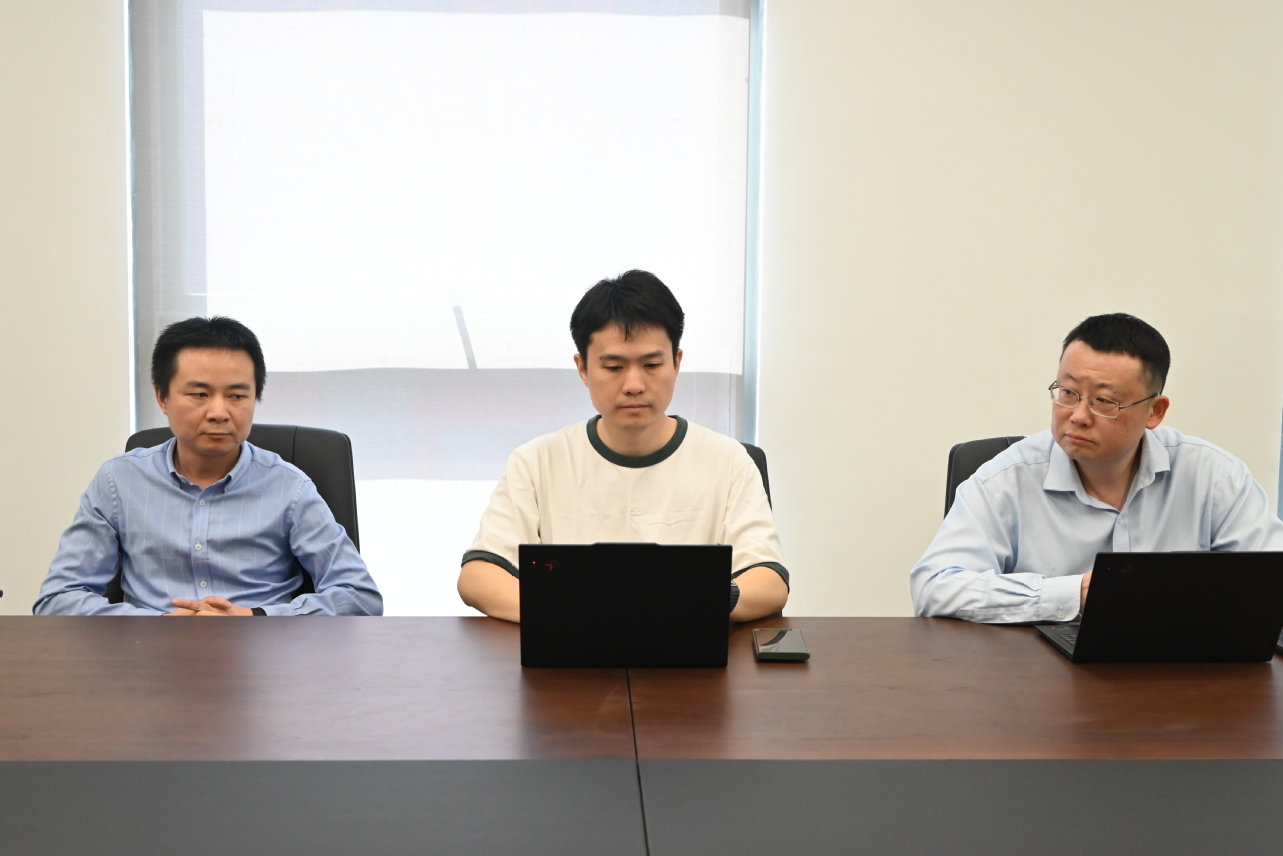
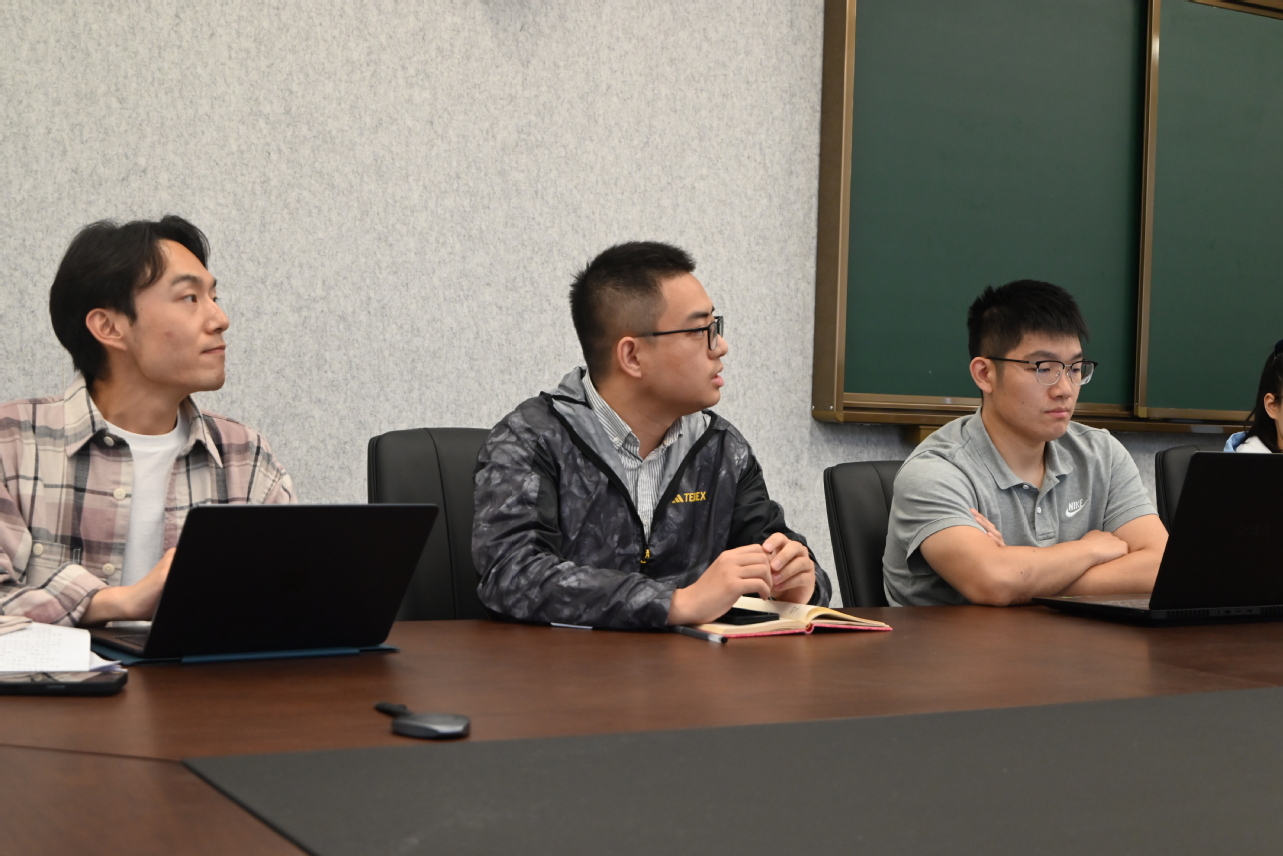
Undergraduate student representatives also shared their personal experiences in class and expressed their views on the logical sequence of courses, teaching methods, and course content within the current training program. They also voiced their opinions on potential conflicts that may arise between the industry-education integration teaching model planned by the college and students' career development plans.
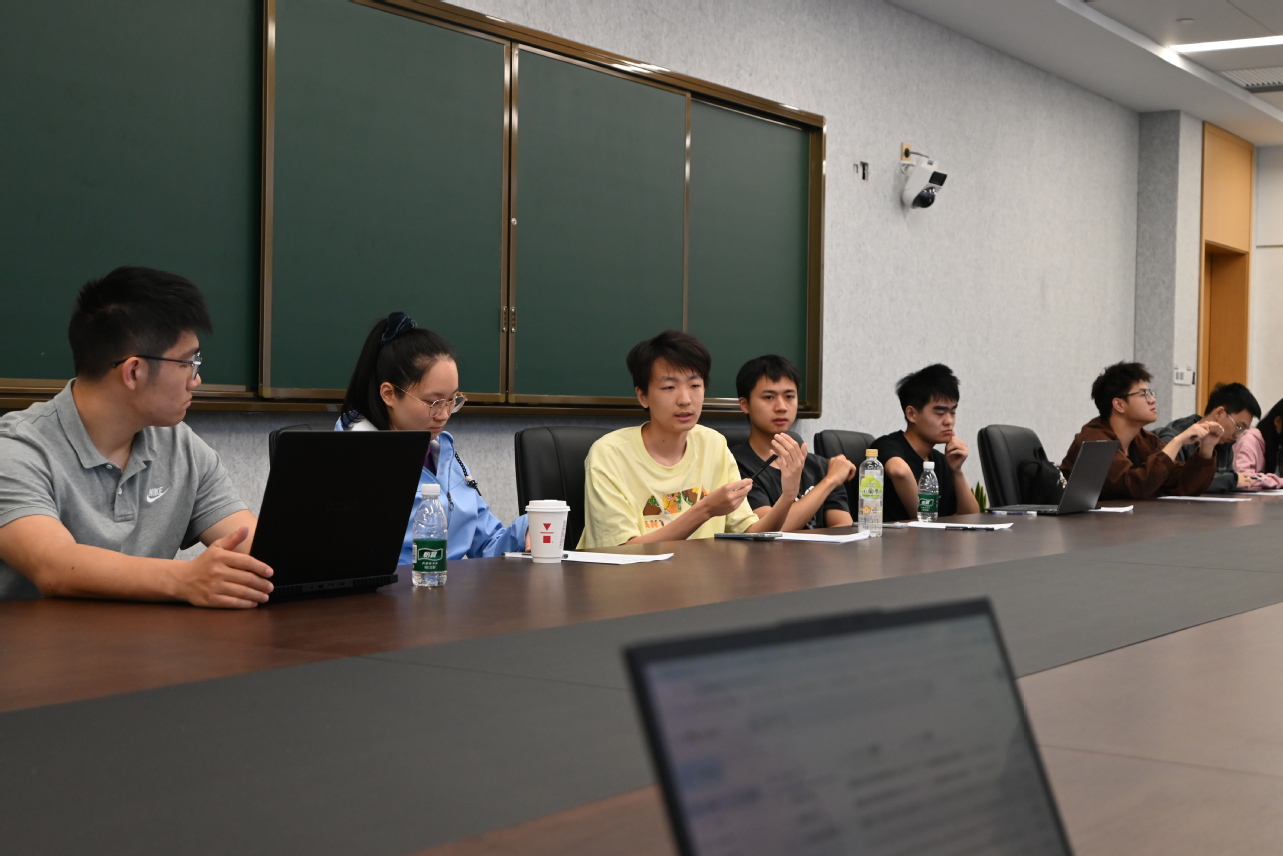
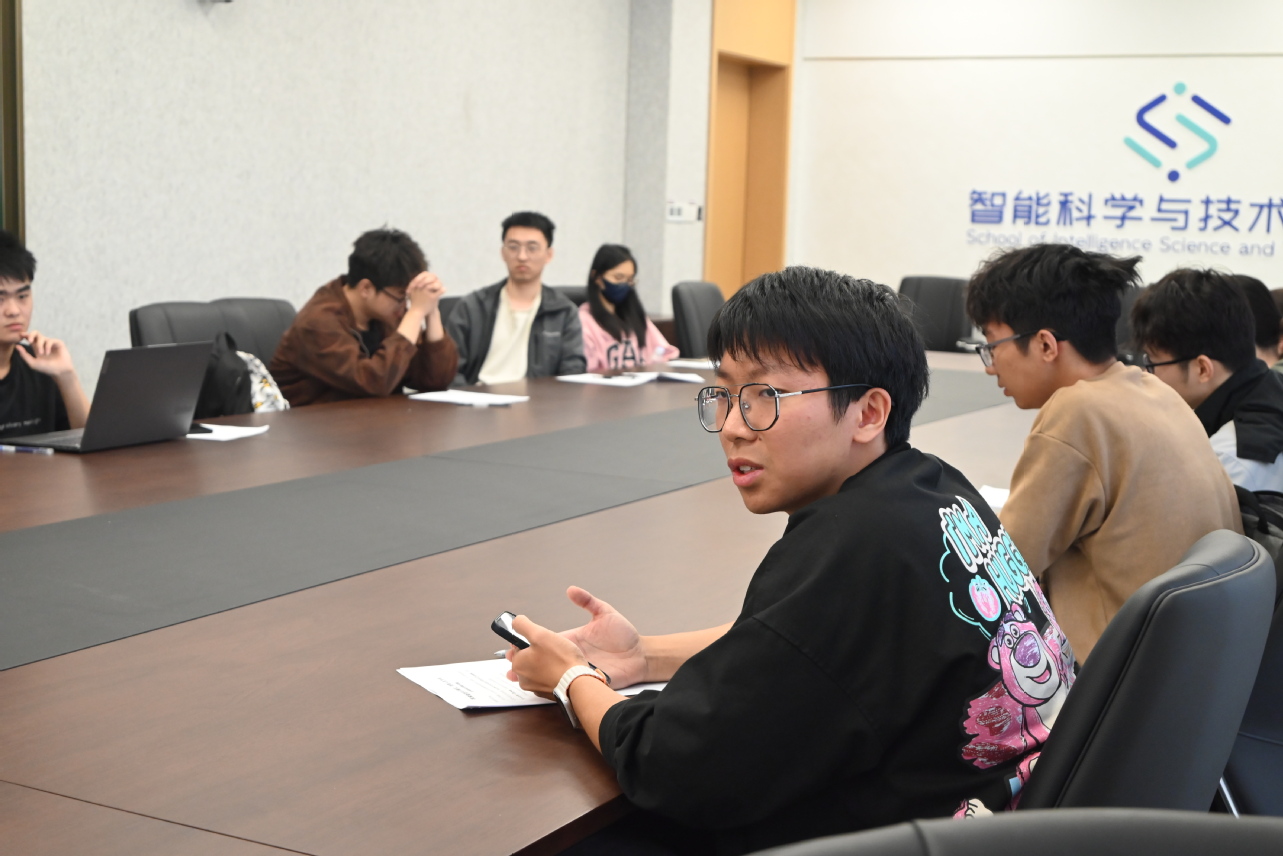
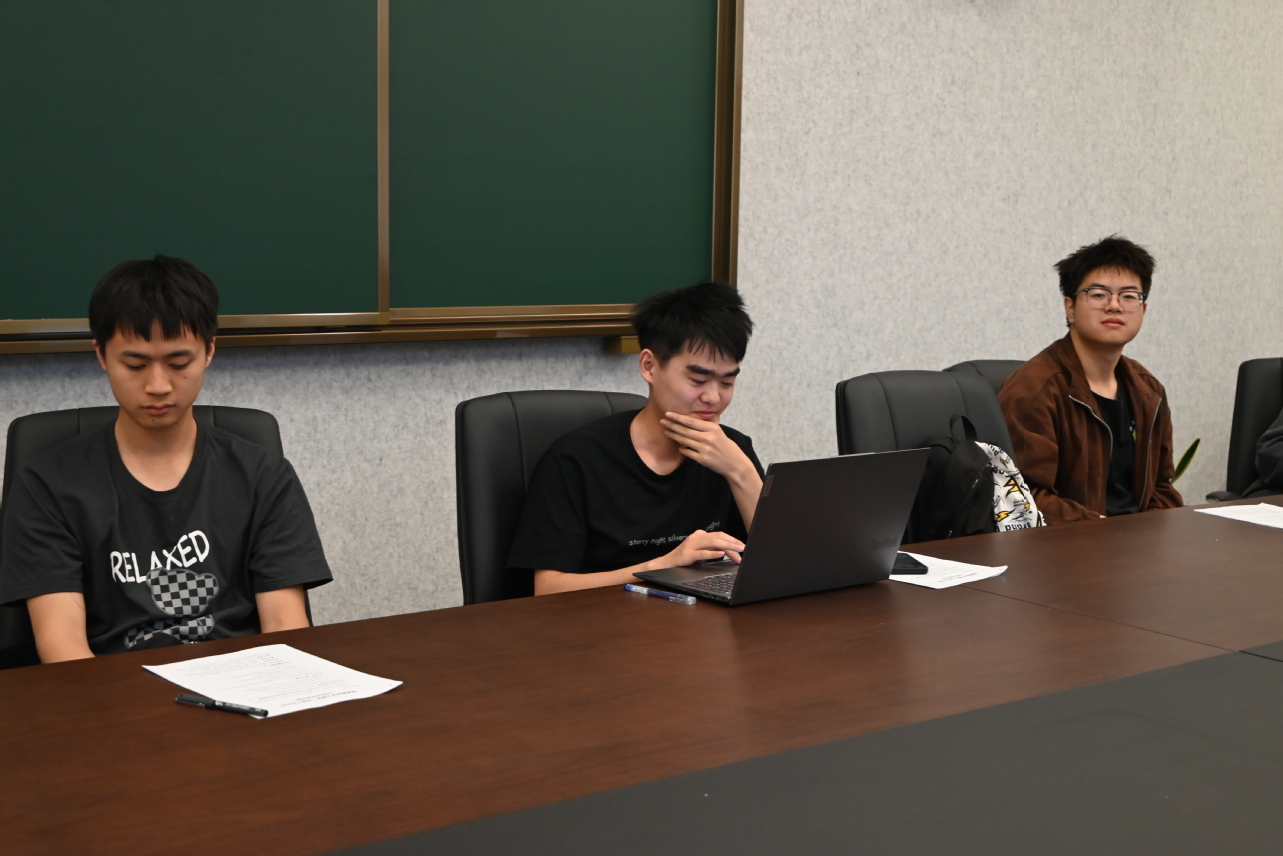
This symposium conducted in-depth discussions from multiple dimensions, including student needs, teaching reform, and disciplinary development. It provided valuable insights and suggestions for improving the undergraduate training program and also injected strong momentum into the construction of the Intelligent Science and Technology major. The college will fully absorb opinions from all sides, further optimize the curriculum, promote the deep integration of new engineering education with industry, and lay a solid foundation for cultivating top-notch innovative composite talents with both innovative and practical abilities.

